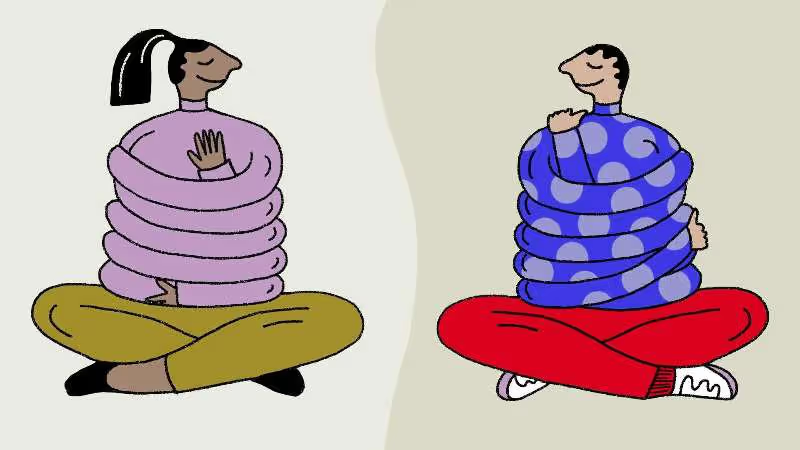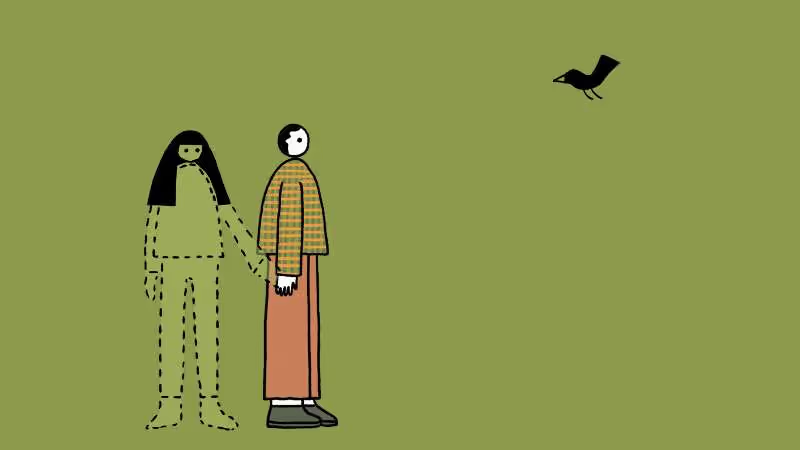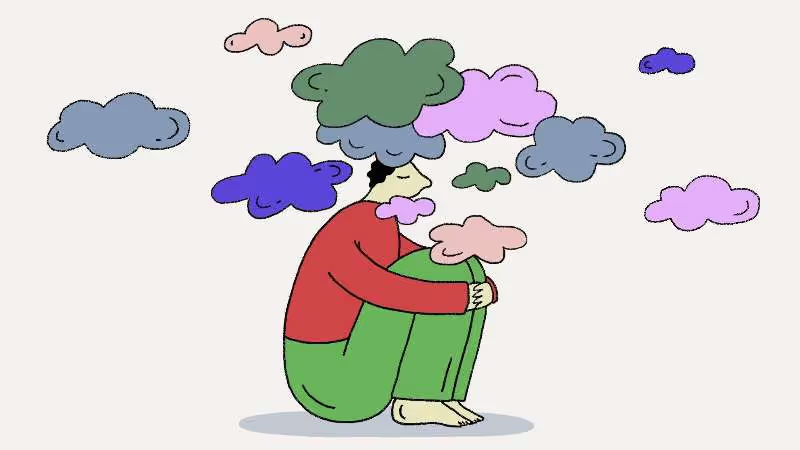Shall We Begin?
When the poet David Whyte invited me on a two week poetry safari in South Africa, I didn’t jump at the idea. No disrespect to animals, or animal lovers, but people are my thing. I can tell you now that, sitting in the bush and reciting poetry twice a day followed by group reflections is a combo I completely underestimated. Each day brought a synesthesia of poetry, contemplation, physicality, and social connection. Nature opened itself up to our group, almost like an erotic experience. In awe, we watched elephants in their most intimate bathroom, washing each other and sucking.
We were honored by a visit from the chief and women of Makuleke, a village that underwent forced relocation in the 1960s. I initiated a separate conversation with the women. We discussed everything from sexual education, polygamy, depression, and single-motherhood, to intergenerational transmission of trauma and what it’s like to have young children while they themselves are still in school. I asked them if they would share a favorite lullaby—that universal intimate bonding practice between parent and child—and was amazed when each of the fifteen women stood, one by one, and performed an original lullaby she had created for her child. I sang my lullaby. My friend sang hers. And then conversation continued: domestic abuse, condoms, the problem of diaper disposal. We laughed over the perennial female paradox of celebrating freedom from dependence on men while wishing to find the man who will take care of us and makes us feel complete.
In Johannesburg, I learned about three separate museums which commemorate tragedies committed by humans. Constitution Hill, the Apartheid Museum, and the Holocaust & Genocide Centre form a web of reminders to never forget human atrocity. At Constitution Hill, the former jail-turned-museum, I learned about its most prominent prisoners—such as Nelson Mandela, Mahatma Gandhi, and Fatima Meer—as well as the hundreds of thousands of ordinary people who were once confined within its walls. The curator, Lauren Segal, and her partner, Lwanda Xaso, patiently laid it out for me—how so much political upheaval, history, heartbreak, and survival can happen in one place.
We visited Ububele, a community mental health clinic in Alexandra township where therapists visit medical waiting rooms and offer educational outreach with mothers, fathers, and their newborns. Gender-based violence is rampant and they tackle it with young and old. In Cape Town, David Whyte and I gave a talk about the complexities of love and fielded questions from the crowded room about betrayal, forgiveness, and loss. “The part of you that was hurt might not be the part of you that forgives,” David advised, poetically. “That’s the part of you that makes it an act of compassion.”
As a psychotherapist, I spend so much time navigating the problems of my patients. But poetry doesn’t solve problems. David’s words often reminded me that it doesn’t need to. Poetry just states the problems beautifully and lets us see the dilemma and the complexity of life, but it doesn't offer a solution. I feel a small relief in knowing that sometimes there is no solution; there’s just holding space for the hurt.
I think of the museums and memorials. They, too, are not solutions to the traumas they commemorate, but they educate. In saying never forget, they declare never again. I consider the lullabies. They don’t undo the dislocation of the Makuleke women. They don’t bring the fathers of their children back. But they soothe the next generation. Certain pains—the unjust or inhumane treatment of our ancestors; the loss of home or loved ones; the abandonment we feel when we’re left to raise our children alone—live within us forever, mounting memorials. But we can learn from these irrevocable pains. We can self-soothe as we hold space for our traumas. We can remember if only to not repeat. And if all else fails, there is nature. And there is poetry.
Let’s Turn the Lens on You
When recovering from trauma, what helps most is usually acknowledgment on the part of the person or people who hurt us. Recognition of the facts and validation of the experience grounds us in reality. But, more often than not, we won’t get this. Most of the time, it’s up to us to learn how to live with it.
- Gather your history. What are the stories of adversity and resilience that have been passed on in your family?
- Commit to coping rituals. Burning, burying, letting things float away. I once asked a struggling couple to rake all the leaves in their garden together as a representation of ridding themselves of the dead pages of their life together.
- Give your trauma and loss a purpose. Loss becomes easier to bear when our grief takes on a meaning bigger than our personal story. Mothers Against Drunk Driving and March for our Lives are organizations which sprung from personal tragedies and turned into movements.
- Turn to your community. None of the big events in life were ever meant to be experienced alone: not birth, not death, not loss. Gather with family and friends. Go to a support group. When you can’t hold yourself up, let the others hold you so that you can collapse safely.
More From Esther
Private Drama to Public Healing / a talk with Esther Perel and Jack Saul
Too often our personal dramas are shrouded in secrecy, shame, and guilt. At The National Museum of Art of Romania, Jack and I spoke about the need for bringing trauma and healing into the public square. Our talk accompanied Jack’s multi-channel listening and sharing art installation, Moral Injuries of War, which gives voice to veterans and war correspondents who often carry their moral distress alone.
Bringing Home the Erotic / A Recent Article
My most recent article contains five ways to create meaningful connections with your partner, explains the difference between sexuality and eroticism, and encourages you to explore your erotic blueprints with each other.
Upcoming events
A list of talks, workshops, and trainings around the globe. Join me if an event is near you!
Conversation Starters
A compendium of highly recommended sources of inspiration and information
I’m Reading:
- Trauma and Recovery: The Aftermath of Violence—from Domestic Abuse to Political Terror by Judith Herman
- The Courage to Heal: A Guide for Women Survivors of Child Sexual Abuse by Ellen Bass
- The Body Keeps the Score by Bessel van der Kolk M.D. by Bessel Van Der Kolk
- A Primer for Forgetting: Getting Past the Past by Lewis Hyde
- The Choice: Embrace the Possible by Dr. Edith Eva Eger
- Born A Crime by Trevor Noah
- The Works of Nadine Gordimer
I’m Watching:
- Quintessential films about Nelson Mandela
- South African musician Derek Gripper’s NPR Music Tiny Desk Concert
I’m Supporting: - Vuleka Schools
- Ububele Centre







.svg)





